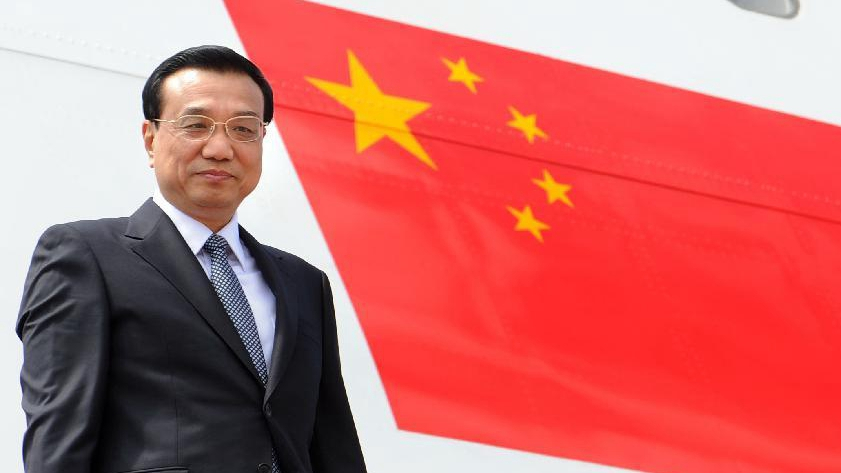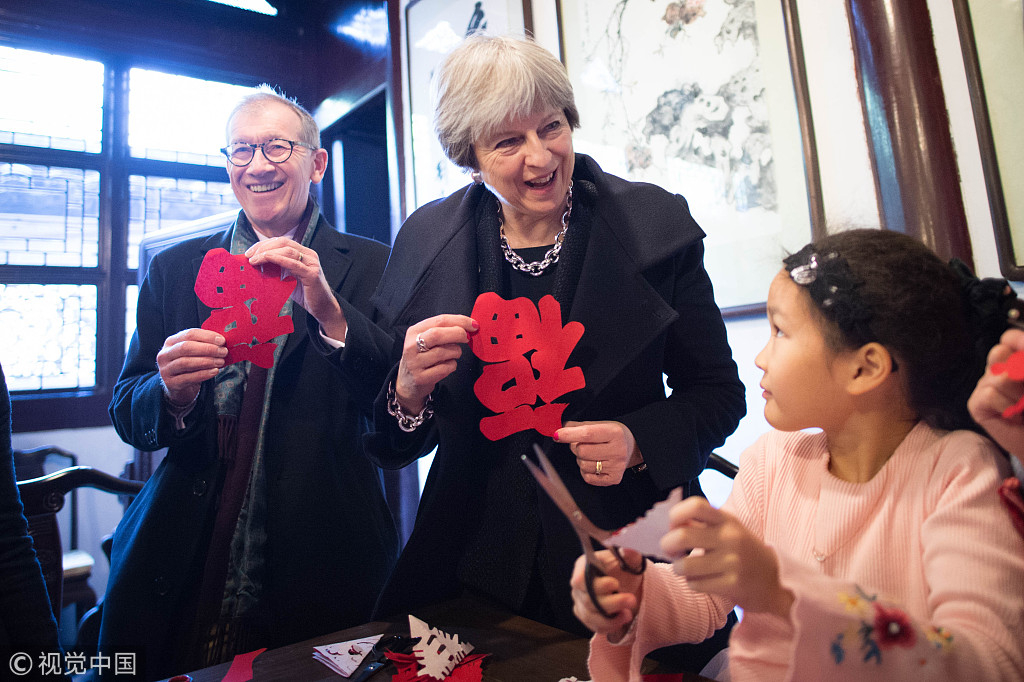
Opinion
19:27, 08-Apr-2019
Where is China-Europe cooperation headed?
Yang Chuchu

Editor's note: The article is based on an interview with Cui Hongjian, the director of the Department for European Studies at China Institute of International Studies. The article reflects the expert's views, and not necessarily those of CGTN.
"The China-Europe cooperation is now entering a new era, with increased importance and promising prospect," says Cui Hongjian, the director of the Department for European Studies at China Institute of International Studies, stressing a "warm spring" for bilateral relations.
On April 8, Chinese Premier Li Keqiang began a trip to Europe, his first overseas trip in 2019. He is expected to meet EU leaders in Brussels to further the Sino-EU cooperation.
Amidst growing political uncertainty and rising protectionism, both China and Europe have tried their best to safeguard multilateralism and deepen bilateral cooperation, with trade volume between the two sides exceeding 682 billion U.S. dollars in 2018. Moreover, the EU has been China's largest trading partner for the past 15 years, and China now is the second largest trading partner of the EU.
"The reason behind the deepening Sino-European cooperation is the growing importance of the bilateral relationship in the two sides' diplomatic layout," Cui said.

VCG Photo
VCG Photo
Last month, Chinese President Xi Jinping paid state visits to Italy, Monaco and France, witnessing the signing of a memorandum of understanding on the Belt and Road Initiative (BRI) with Rome, the first G7 nation to join the China-proposed project. During the visit, French President Emmanuel Macron called for the need to foster a united EU strategy on the BRI.
So far, 15 of the EU's 28 member states have signed up to the BRI. With its five-year development, the initiative has gained more ground in and received much passion from European countries.
The multi-trillion-dollar infrastructure and trade initiative, launched by China, covers 65 countries and two-thirds of the global population (four billion people), a banner of China's opening-up. Facing anti-global backlash and global economic slowdown, the BRI can explore the cooperation potentials so as to shore up global economy and improve global governance, Cui said.
According to Cui, the initiative is now entering a new stage with more projects put in practical operation. And this can give European countries more direct clues over the benefits of the initiative, thus attracting them to participate in it. Moreover, upholding the win-win cooperation spirit, the initiative can contribute to the benign development of globalization, which is in line with the interests of European countries, and can attract these countries to play a more active role in the BRI.

British Prime Minister Theresa May (C) meets school children at the Yu Yuan Temple Garden in Shanghai on February 2, 2018. /VCG Photo
British Prime Minister Theresa May (C) meets school children at the Yu Yuan Temple Garden in Shanghai on February 2, 2018. /VCG Photo
Apart from Italy, more European countries have shown their interest in the BRI. The UK is one of them.
"In a period of political flux, the BRI is a certainty and as it forges ahead it carves great value potential. UK policy makers and advisers should take note; this is how both the UK and China can capitalize on this monumental initiative," read an article published by The Telegraph last month.
This echoes Cui's views on China-UK cooperation over the initiative. After the UK withdraws from the EU, one headache it will face will be the need to improve its economic and trade environment.
Therefore, after Brexit, the UK's demand for strengthening cooperation with China will become increasingly urgent, and one important cooperation sphere will be the BRI. With China-UK ties entering a "golden era," London can make full use of its bilateral cooperation with Beijing to free itself from the shadows of Brexit.
With the Sino-European cooperation ushering in a new era, good dynamics between the two over the initiative can not only benefit the European continent, but also bring tangible benefits to the whole world.
(If you want to contribute and have specific expertise, please contact us at opinions@cgtn.com.)

SITEMAP
Copyright © 2018 CGTN. Beijing ICP prepared NO.16065310-3
Copyright © 2018 CGTN. Beijing ICP prepared NO.16065310-3